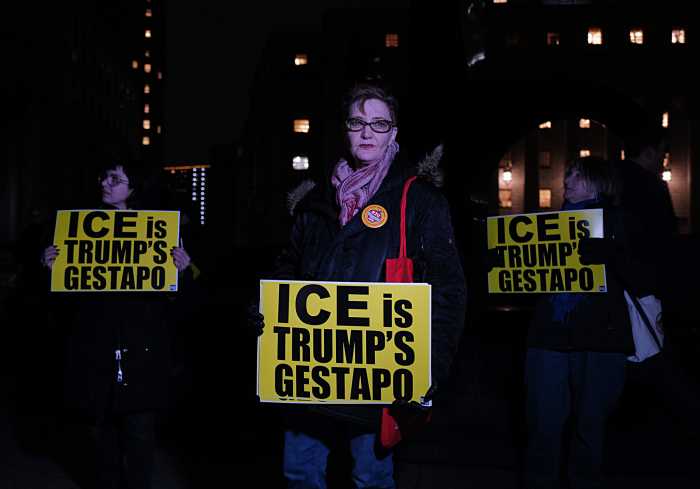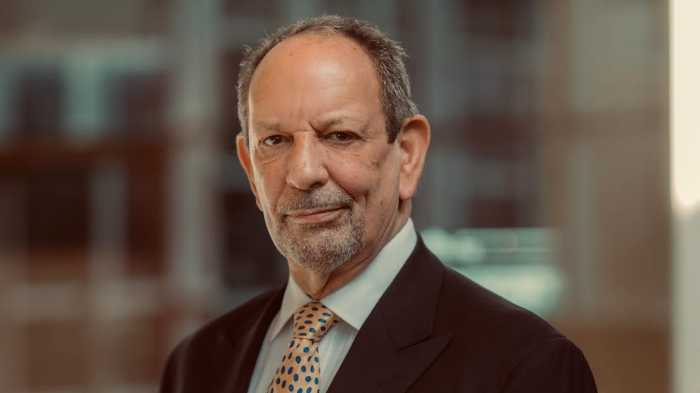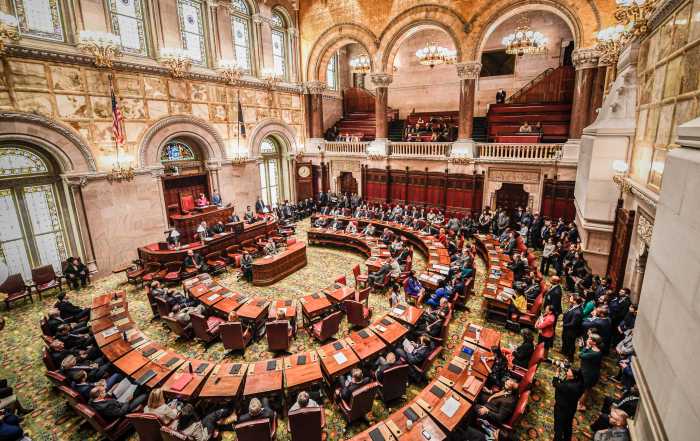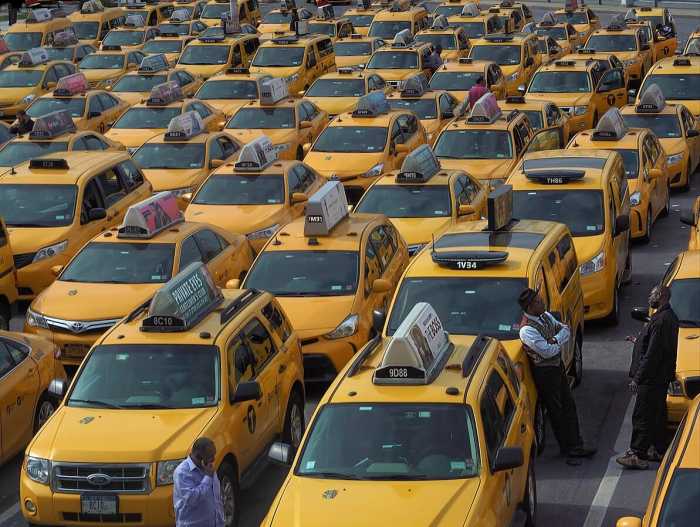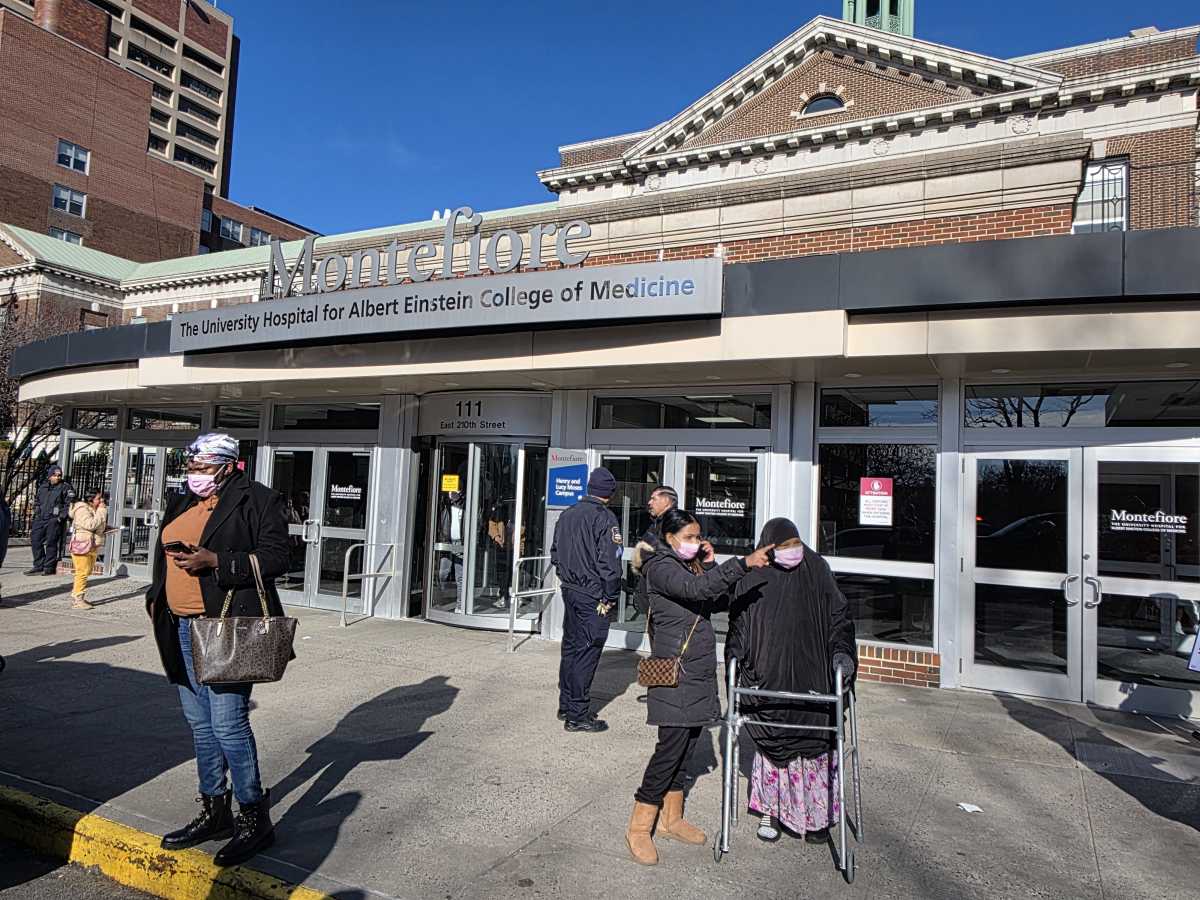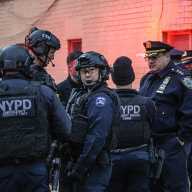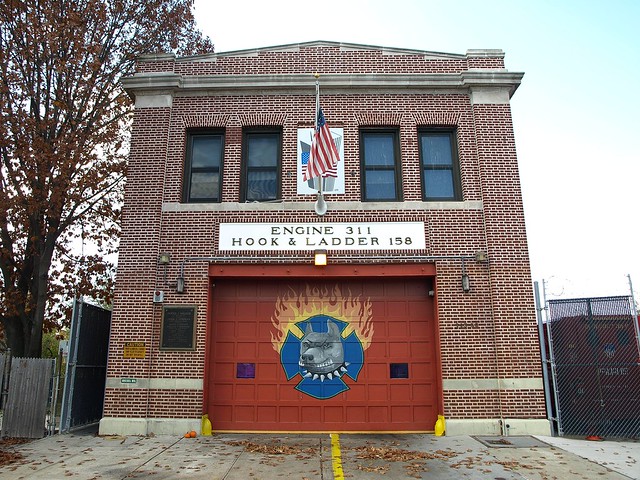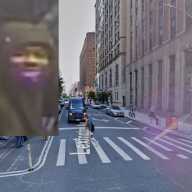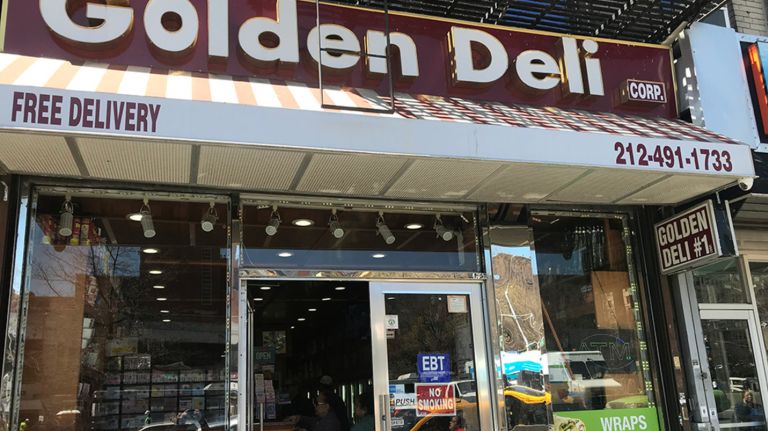
It was a busy afternoon at the Golden Deli off 137th and Broadway, as always.
Hopeful souls purchased lotto tickets. Hungry ones grabbed lunch. Tired regulars asked for their usual coffees. The bodega was bustling. But all of that activity will pause Tuesday around 2 p.m., when Golden Deli and a cohort of other Yemeni-owned stores across the city plan to close their doors for an hour to attend a Bronx protest of President Donald Trump’s travel ban. On Wednesday, the Supreme Court is set to hear arguments on the subject, a step towards sorting out the ban’s legality.
NYC bodegas have been caught up in the issue since Trump’s first attempt to severely limit travel to the U.S. from various nations last year. Yemen was one of the original Muslim-majority countries on Trump’s list, and bodegas in NYC and elsewhere are often owned by Yemeni immigrants. After the original ban, Yemeni bodega owners and employees joined thousands of others in protest in New York.
The protest drew headlines — everyone loves a good bodega story — and soon there was something concrete to cheer because the first travel ban was put on hold by the courts. Then Trump tried another ban, and there were more court fights, and he went back to the drawing board again, countries added and removed, refining who exactly would be banned from entry to this country of ours and including a few more non-Muslims on that list. Since December, that incarnation of the travel ban has been the law of the land.
Thus the new bodega protest, because while it may have been possible for your average afternoon customer to forget about the travel ban as it twists in the judicial wind, that’s not the case for those currently caught in its netting — including people from Iran, Libya, North Korea, Syria, Somalia, some high-ranking officials and family-members from Venezuela, along with the Yemeni migrants.
Working the cash register at the Golden Deli, Hussen Ghab said he could not understand the point of the ban, given the strict security measures already in place for those who want to travel from Yemen and the terrible humanitarian situation in the country.
About the situation: in December, a collection of United Nations agencies marked the gruesome milestone of 1,000 days of war in the country, torn apart by internecine conflict. The agencies estimated that some 75 percent of the population needs humanitarian assistance and protection. Sixty percent of Yemenis are “food insecure” and 50 percent of all children are stunted.
And about the strict security measures and forever-process for those who, unsurprisingly, want to leave: Ghab, 34, said he brought his wife to America just before Trump took office, and even then the effort took years. And because the U.S. consulate had closed in Yemen, Ghab traveled with his wife by boat to Djibouti where she could be interviewed for a visa.
Now, Trump’s proclamation bans most travelers from Yemen, including those with immigrant and diversity visas and various business and tourist visas, with some waivers possible. Bodega employees like Ghab have plenty of stories of friends or relatives stuck in waystations like Djibouti, their savings dwindling while the American ban continues. Worse, many are stuck in Yemen where war continues to rage.
War feels far away from the Manhattan bodega, whose wood-paneled ceiling is well-lit and whose shelves are stocked with everything a New Yorker or visitor might need: Trix and French Toast Crunch, Milano cookies, Listerine, Tide detergent, El Diario newspapers, hookah pipes, and a busy sandwich/salad bar.
The store is owned by another Yemeni immigrant and staffed by employees with roots in Mexico and Guatemala. It is patronized by students and neighborhood residents and tourists and regulars who wander in with Irish brogues. It serves New York.
Closing for an hour will hit the store’s bottom line — Ghab estimates Golden Deli sells 50-75 lunch orders alone per peak hour. But that’s acceptable, Ghab says, if the closure will encourage some customers to think about the people left behind. And all those left in war zones around the world while America holds shut its doors.



